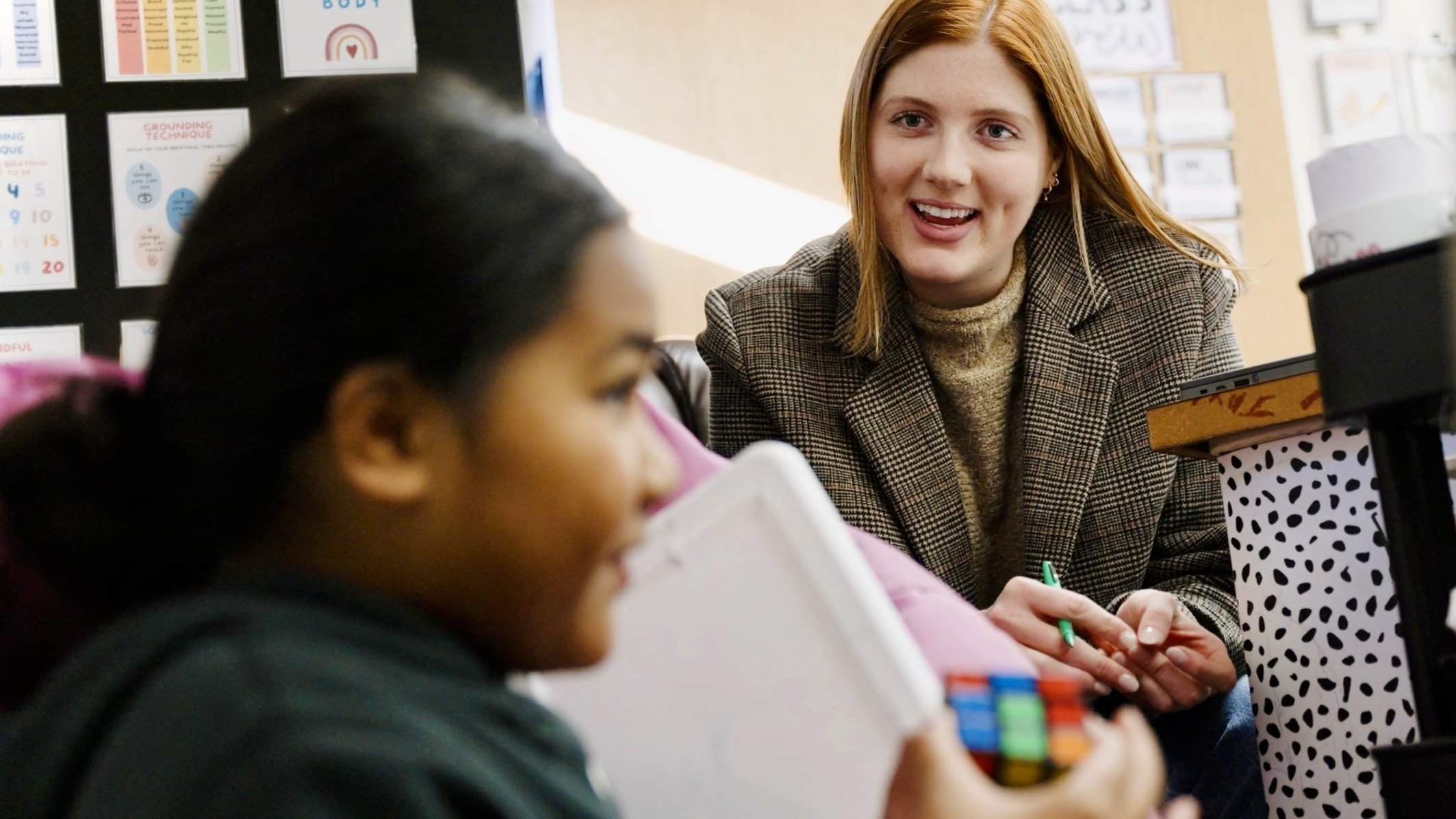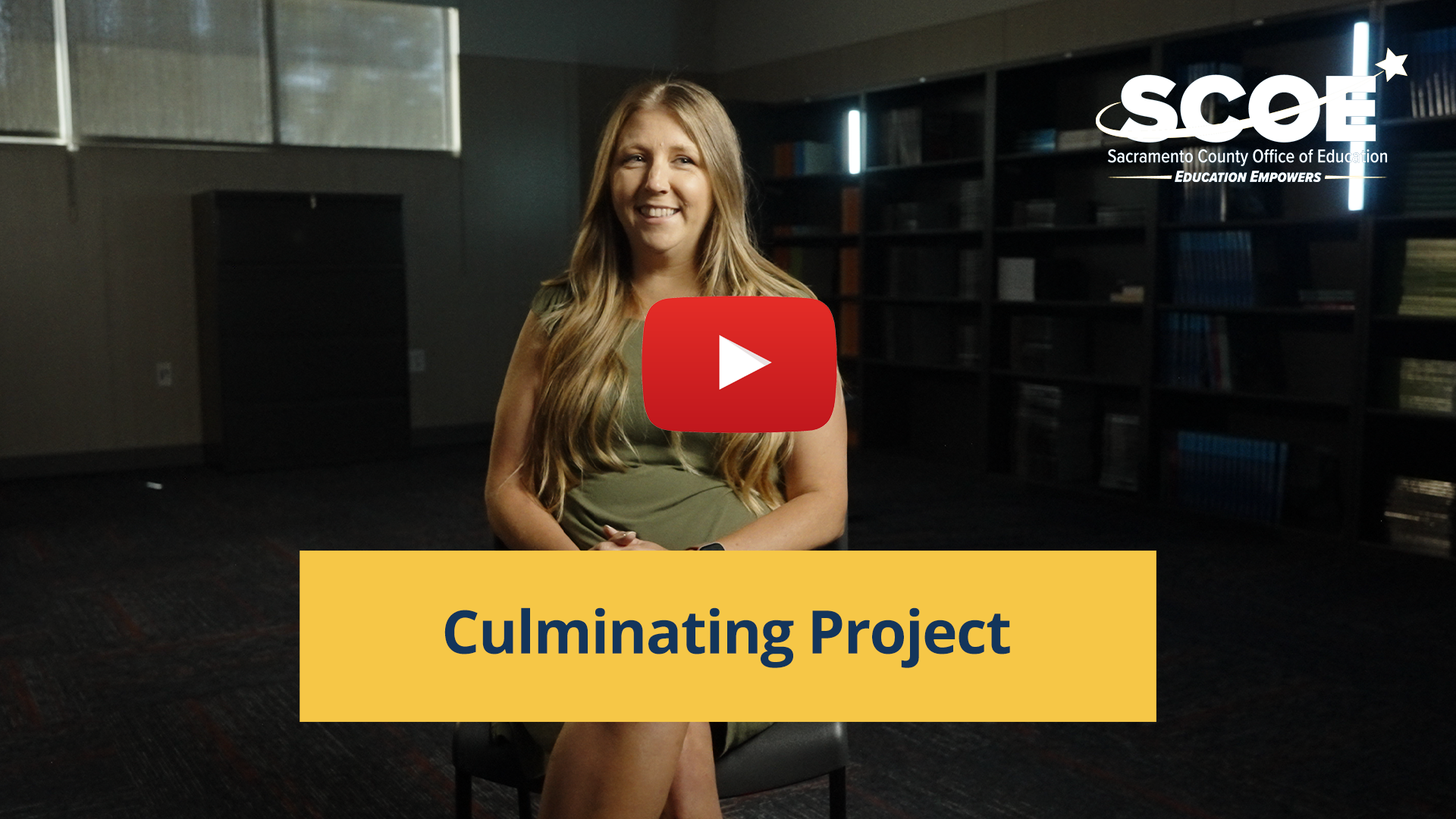
Peer Specialist Role
Phase 3: On-Site (January-April)
Training Resource Home > Peer Specialist > Phase 3: On-Site (January-April)
Phase Overview
In this training phase, Peer Specialist will continue integrating into the school culture and building relationships to support the development of the school as a center of wellness. They will understand their role, participate in multidisciplinary meetings, and integrate COST principles and the universal referral process if applicable. Collaboration with their task supervisor and field instructor will ensure progress towards learning goals while supporting clients and facilitating Tier 1, Tier 2, and Tier 3 supports.
Phase Goals/Objections
Continue integration into school culture and develop school relationships as needed to support development of school as a center of wellness
Navigate in full understanding of peer specialist intern role and responsibilities in supporting development of school as a center of wellness
Participate in multidisciplinary meetings, integrating COST principles and use of universal referral process into school site process if applicable
Collaborate with task supervisor and field instructor to ensure ongoing personal and professional development as well as progress towards identified learning goals
Continue supporting clients including developing/supporting a caseload and facilitating Tier 1, Tier 2, and Tier 3 supports as instructed
(to complete in January)
Explore the final review of your BSW learning agreement with your field instructor and provide your Spring class schedule to confirm full-time student status. Assess your progress toward completing the outlined learning activities and submit your culminating project plan to both your task supervisor and field instructor. Initiate data collection and begin implementing your project plan as part of your ongoing development.
Learning and Development
-
• Meet with field instructor for final review of BSW learning agreement, if applicable
• Provide Spring class schedule to Field Instructor indicating ‘Full-Time’ student status
• Meet with field instructor to gauge progress toward completion of learning activities
• Submit culminating project plan to task supervisor and field instructor
• Begin data collection and implementation of culminating project plan
Learning and Development
Detail a final review with your field instructor of core competencies, learning activities, and goals outlined in your Learning Agreement. Present and submit your culminating project by the end of April and attend the Honorable Closure Training. Additionally, participate in professional development trainings to enhance your skills and complete your internship requirements.
-
• Meet with field instructor for final review of core competencies, learning activities, and goals outlined in Learning Agreement
• Attend Honorable Closure Training
• Attend professional development trainings
• Present and submit culminating project
Student Support and Intervention
Understand how to effectively facilitate workshops and provide presentations and psychoeducation. Learn to support students with de-escalation techniques and utilize creativity for multi-tiered interventions. This includes assisting with student registration in the County EHR system, outreach to families and community members, and participation in school activities and events.
-
• Effectively facilitate workshops
• Provide presentations and psychoeducation
• Support students with de-escalation
• Utilize creativity to provide multi-tiered interventions to students
• Assist with registering students into the County Electronic Health Record (EHR) system
• Provide outreach to families and community members
• Participate in school activities and events
• Continue participating as a member of a COST if applicable
• Provide Tier 1 (school-wide), Tier 2 (group), and Tier 3 (individual) interventions, including school-wide initiatives, community events, workshops, groups, and individual counseling
• Continue implementation of early learning and prevention services





